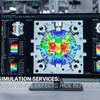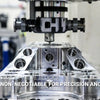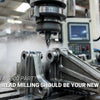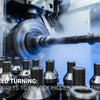How Does Precision Machining Drive Manufacturing Success in 2025?
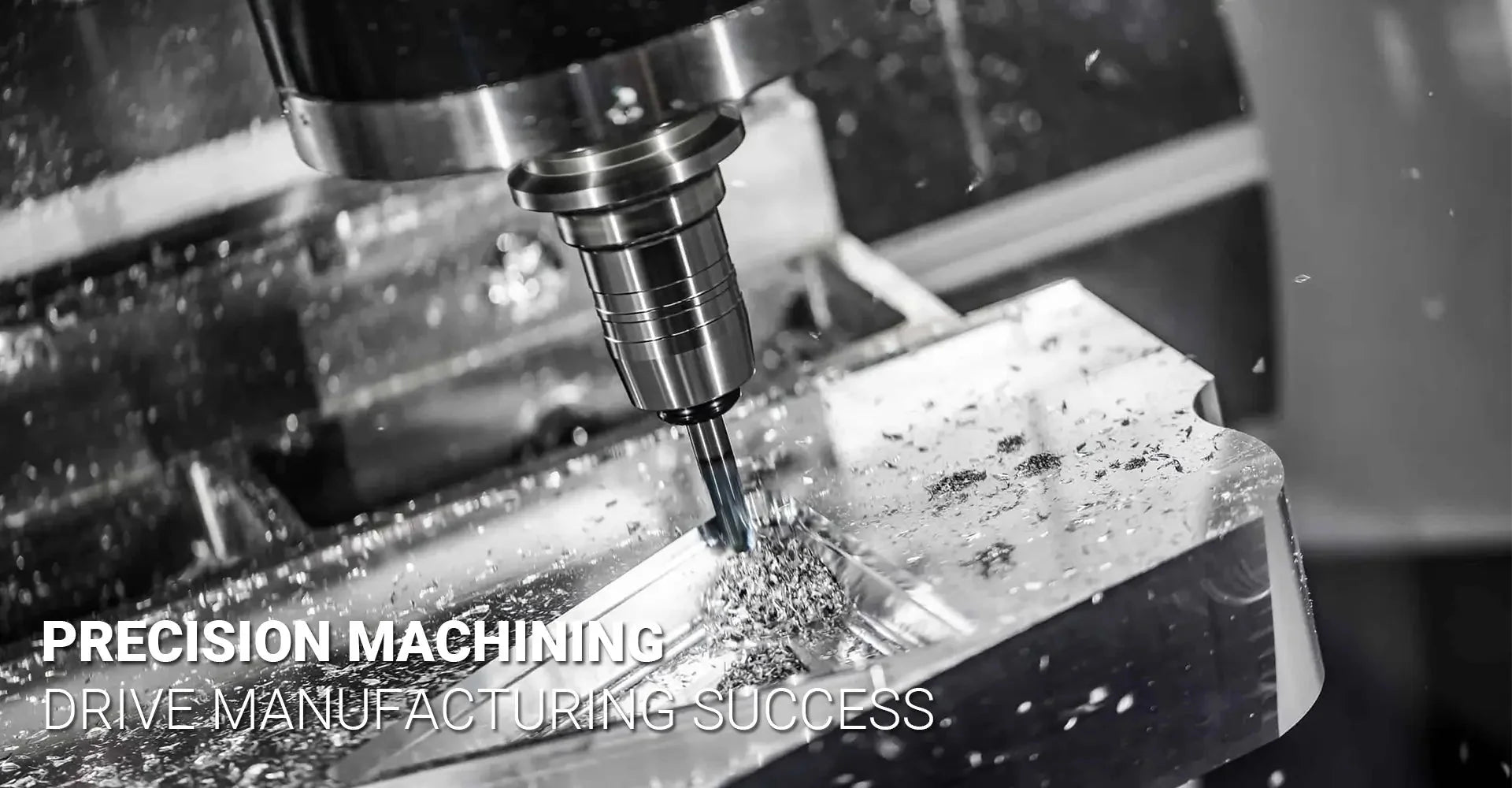
How Does Precision Machining Drive Manufacturing Success in 2025?

As manufacturing technologies evolve, precision machining stands at the forefront of industrial innovation. In 2025, this sophisticated manufacturing process continues to revolutionize how industries create complex components with unprecedented accuracy and efficiency.
The precision machining market is projected to reach $22.05 billion by 2030, growing at a CAGR of 6.8%. This remarkable growth highlights the increasing demand for high-precision components across various industries, from aerospace to medical devices.
Whether you're a manufacturing professional or a business owner, understanding the latest developments in precision machining could be the key to gaining a competitive edge in today's market.
[Table of Contents]
- What is the Current State of Precision Machining Technology?
- How Does Precision Machining Transform Manufacturing Industries?
- Which Key Technologies Drive Modern Precision Machining?
- What Makes CNC the Cornerstone of Precision Machining?
- Why is Precision Machining Critical in Aerospace and Medical Industries?
- What Challenges Do Precision Machining Companies Face in 2025?
What is the Current State of Precision Machining Technology?
The landscape of precision machining has evolved significantly, with capabilities now extending to tolerances as precise as ±0.005 inches. Modern precision machining encompasses various sophisticated processes, each serving unique manufacturing needs.
For manufacturers seeking top-tier precision, professional CNC machining services have become the gold standard, offering unparalleled accuracy and consistency in production.
The industry has witnessed remarkable advancements in automation and control systems, leading to enhanced productivity and reduced error rates. These improvements have made precision machining more accessible and reliable than ever before.
How Does Precision Machining Transform Manufacturing Industries?
Today's manufacturing sector relies heavily on precision machining to meet increasingly demanding specifications. With industrial machinery becoming more sophisticated, the role of precision machining has become more crucial than ever.
Every industry, from automotive to electronics, benefits from the enhanced capabilities of modern precision machining. The ability to produce complex components with exact specifications has opened new possibilities in product design and functionality.

Statistics show that the precision turned product manufacturing market is expected to reach $163.91 billion by 2030, demonstrating the growing reliance on these advanced manufacturing techniques.
Which Key Technologies Drive Modern Precision Machining?
Advanced manufacturing processes continue to evolve, with several key technologies leading the way. Among these, CNC turning technology has revolutionized how manufacturers approach precision component production.
Key technological drivers include:
- Multi-Axis Machining Technology:
- 5-axis and 6-axis machining capabilities
- Simultaneous axis movement for complex geometries
- Enhanced surface finish quality (Ra 0.2-0.8 μm)
- Tolerance control up to ±0.0001 inches
- Advanced Process Control Systems:
- Real-time tool wear monitoring
- Automated quality inspection systems
- Temperature and vibration sensors
- Predictive maintenance algorithms
- Machine learning-based process optimization
The integration of Industry 4.0 technologies has transformed traditional machining processes into smart manufacturing operations. Modern CAD/CAM software now includes:
- Automated tool path optimization
- Digital twin simulation capabilities
- Cloud-based collaboration features
- Real-time process monitoring
- Adaptive machining algorithms
What Makes CNC the Cornerstone of Precision Machining?
Custom CNC milling services have become indispensable in modern manufacturing, offering a perfect blend of precision, speed, and versatility.
Advanced CNC Capabilities:
- Precision Specifications:
- Positional accuracy: ±0.0001 inches
- Repeatability: ±0.00005 inches
- Surface finish: Ra 0.4 μm
- Geometric tolerances: 0.001 mm
- Material Processing Versatility:
- High-strength alloys (Inconel, Titanium)
- Advanced composites
- Medical-grade materials
- Aerospace-certified metals
- Exotic materials processing

Modern CNC systems also feature:
- Automated Quality Control:
- In-process measurement systems
- Laser scanning technology
- Vision inspection systems
- Automated part validation
- Real-time dimensional verification
- Enhanced Production Efficiency:
- Automatic tool changers (capacity up to 120 tools)
- Pallet changers for continuous operation
- High-speed spindles (up to 30,000 RPM)
- Advanced coolant systems
- Chip management automation
These technologies are supported by sophisticated control systems that offer:
- Adaptive feed rate optimization
- Dynamic work offset adjustment
- Real-time tool path modification
- Thermal compensation
- Vibration control
The integration of advanced CNC machining services with these cutting-edge technologies has resulted in:
- 40% reduction in setup times
- 30% improvement in tool life
- 25% increase in production efficiency
- 50% reduction in quality inspection time
- 35% decrease in material waste
Why is Precision Machining Critical in Aerospace and Medical Industries?
The aerospace and medical sectors demand the highest levels of precision and reliability in their components. These industries rely on precision machining to create parts that can withstand extreme conditions while maintaining exact specifications.
In the aerospace industry, precision-machined components play a crucial role in ensuring aircraft safety and performance. From engine parts to structural elements, each component must meet stringent quality standards and regulatory requirements.

Medical device manufacturers depend on advanced CNC machining services to produce surgical instruments, implants, and diagnostic equipment with exceptional accuracy and biocompatibility.
What Challenges Do Precision Machining Companies Face in 2025?
Despite technological advances, the precision machining industry faces several significant challenges. Material limitations continue to test the boundaries of what's possible, particularly when working with exotic alloys and composite materials.
The ongoing shortage of skilled machinists and programmers remains a critical concern. Companies are increasingly turning to automated industrial machinery solutions to address this challenge while maintaining production quality.

Cost management and increasing market competition require companies to optimize their processes continuously while maintaining the highest quality standards.
Conclusion
The evolution of precision machining continues to shape the future of manufacturing. With advanced technologies like CNC turning and custom milling services, manufacturers can achieve unprecedented levels of precision and efficiency.
As we move forward in 2025, the industry's growth shows no signs of slowing, with projections indicating continued expansion and innovation. The key to success lies in embracing these technological advances while addressing the challenges of skilled labor shortages and cost management.
[External Links Recommendation]
-
Posted in
CNC machining, Precision Machining

